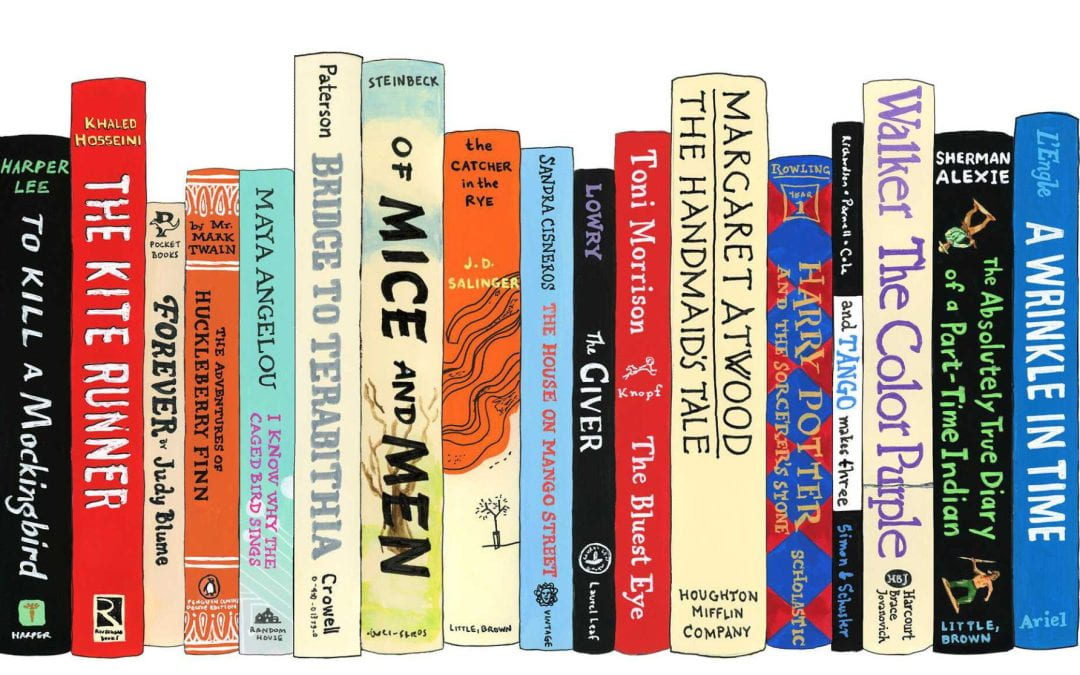On March 30th, federal judge Robert Pitman ruled that Llano County’s library board likely infringed on the constitutional rights of readers in the community. The lawsuit was filed by local library patrons against the county judge and commissioners for removing books from libraries that they disagreed with in terms of “messages and content.”
Many of the books that were censored by the library board were believed to be inappropriate, and included works such as Caste: The Origins of Our Discontents by Isabel Wilkerson; They Called Themselves the K.K.K.: The Birth of an American Terrorist Group by Susan Campbell Bartoletti; Being Jazz: My Life as a (Transgender) Teen by Jazz Jennings; In the Night Kitchen by Maurice Sendak; and My Butt is So Noisy! by Dawn McMillan (Publishers Weekly.) The Llamo County library board is part of a slew of campaigns that work to censor stories surrounding LGBTQIA+ rights, gender identity, and racial inequality.
Pitman sided with the plaintiffs, finding that they have “alleged sufficient facts to show they are suffering an actual, ongoing injury.” The judge believes that the plaintiffs have enough evidence to prove their discrimination claim. “Here, the evidence shows defendants targeted and removed books, including well-regarded, prize-winning books, based on complaints that the books were inappropriate.” he wrote in his 26-page decision.
In 2022, 1,269 demands were made to censor library books. This is the highest number of attempted book bans since the American Library Association started collecting data over twenty years ago. And the attack on books may increase, as Republicans in the House introduced a “Parents Bill of Rights,” according to the New York Times.
This proposed bill requires parents to have access to a list of the books and reading materials in their child’s library. Some educational advocacy organizations worry this will cause the list of banned books to rise, according to the National Education Association.
High Regard for Librarians and the Role Libraries Play in Communities and Schools

Credit: American Library Association
What this bill actually does is create negative relationships between parents and schools, as it acts to reject a progressive learning environment. 74% of U.S. parents trust their schools to teach their children responsibly, according to a survey conducted by the ALA. These same parents also oppose book banning in schools and libraries, as well as whitewashing U.S. history and censoring topics in the classroom.
“McCarthy [R-Calif] would rather seek to stoke racial and social division and distract us from what will really help our students thrive: an inspiring, inclusive, and age-appropriate curriculum that prepares each and every one of them for their future,” said NEA President Becky Pringle.
These “parents rights” laws have already been approved in a few states, with Florida at the forefront as Governor DeSantis signed the Parental Rights in Education act back in 2022. This allows conservative law-makers to remove books about People of Color, civil rights, and LGBTQIA+ rights from school libraries, according to the NEA.
Texas, Tennessee, North Carolina, and Missouri are close to passing similar laws on censorship.
Pitman’s decision to rule Llano County’s book banning as unconstitutional is just a small part in the fight against book censorship. Yet it was a victory worth celebrating. In a statement to CNN, Ellen Leonide, an attorney who represents the plaintiffs, states that “the government cannot tell citizens what they can or can’t read. Our nation was founded on the free exchange of ideas, and banning books you disagree with is a direct attack on our most basic liberties.”

